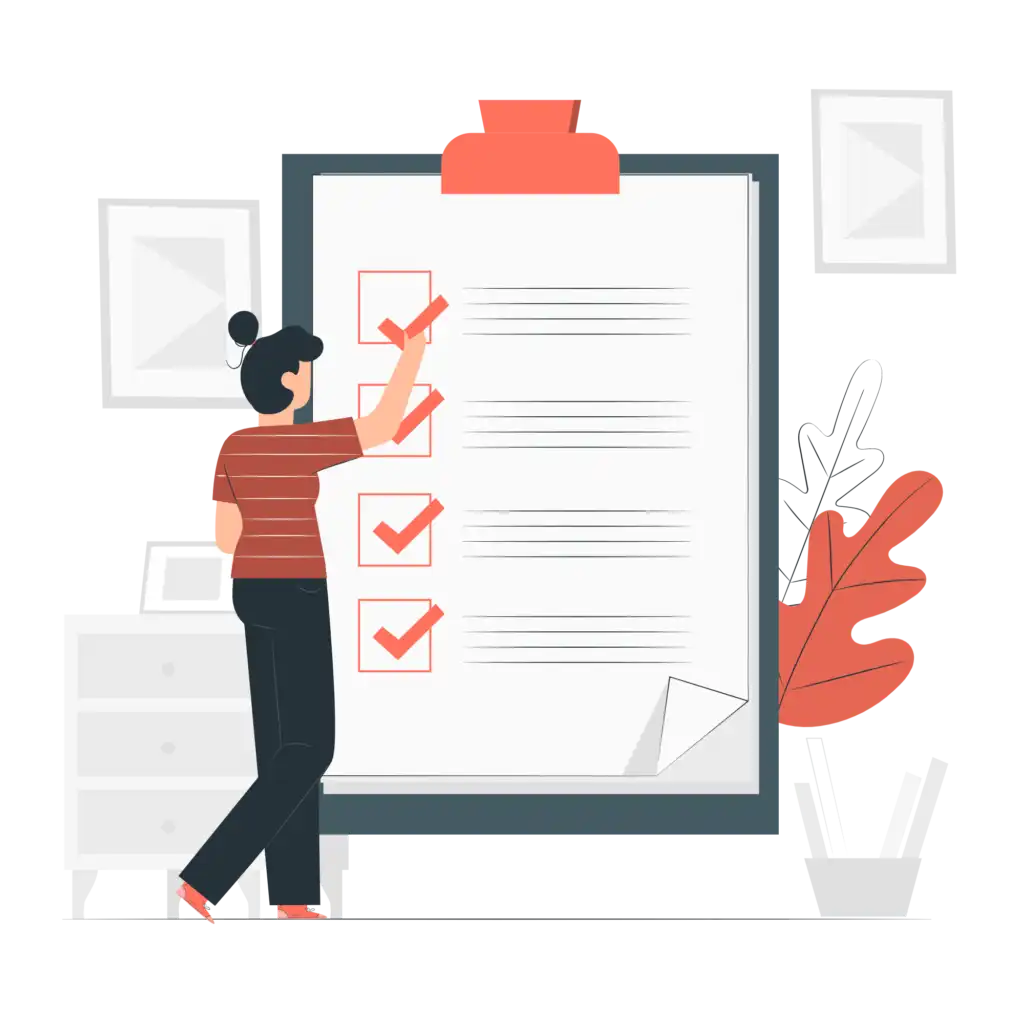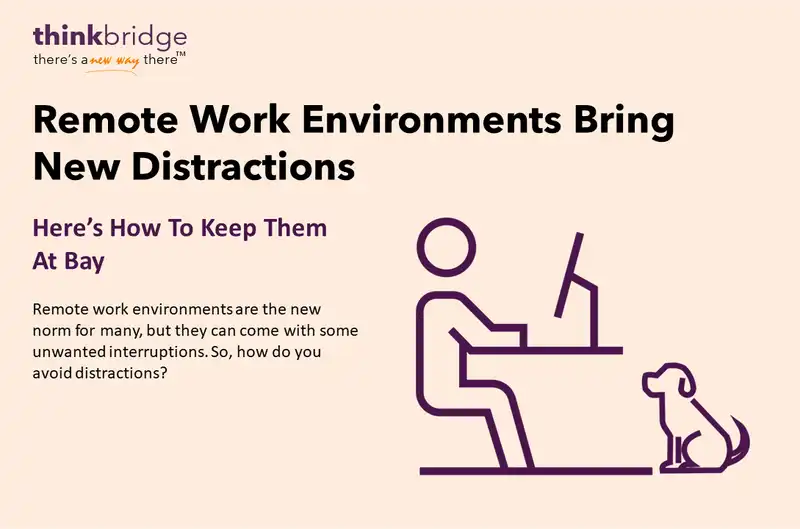The movement from a traditional office setting into a remote work environment comes with plenty of fresh opportunities and freedoms. However, this also welcomes a host of unfamiliar distractions that were minimized in the office. If there’s a struggle to stay on schedule, here are some simple habits that will help maximize efficiency when settling in to get productive.
Make sure objectives are documented
It may seem sort of backwards to resort back to high school habits of using a planner or to do list, but these simple things can help someone stay on schedule. Having set goals for each day that can be crossed out when completed helps offer a sense of accomplishment. It can be hard to see the true scope of productivity during the day, so being able to glance at a list of objectives and see them crossed out can provide that burst of inspiration to continue being productive. A helpful solution for many think’ers is to utilize worklogs. These are lists or spreadsheets where current objectives, tasks accomplished, and other helpful information is documented. This helps clarify what projects need more time to finish, what tasks were completed, and where the majority of the day’s productive hours were spent.

Singular focus leads to quality output
The overriding urge to read emails, reply to texts, or submit to any other sort of interference can be negated by isolation. Social media messages, emails, texts, memos from a work communication app, and other digital notifications serve only to occupy the mind. Muting notifications, even if it’s only for a short period of time, can help with maintaining a high level of productivity. think’ers are encouraged to split the day into chunks where outside distractions are ignored. Depending on the team member those periods of time can range from 30 minutes to six hours. Dividing the day into productive segments prevents burnout while maximizing focus. Then it’s the simple task of allocating a specific time for communication. This can entail answering messages, replying to emails, and taking care of any other notifications that need addressing.
“If you start with a singular focus in two hour blocks and you're able to break down the main task into something you’ve achieved in two hours, then you come out with the satisfaction of achieving that thing. Have a rough draft of problems you need to solve and allocate them to each two hour block. Some of those sessions may create additional questions, keep track of those and then make those future sessions. The end goal is to have a distraction free work zone.” Sai Ganesh, Managing Partner (sai@thinkbridge.com)
Construct a workspace
As tempting as it may be, lounging on the couch while dealing with work emails may not be the best strategy in the long run. Such circumstances have been studied, and posture plays an important role in maintaining exemplary cognitive function. This only reinforces the importance of being purposeful in positioning while working remotely. Having a space dedicated to work and being there every day during professional hours will assist in time management. The parameters of productivity and expectations of efficiency will increase when there is a specific area meant for work. It’s a minor thing, but the proof is in the pudding that when remote workers have a designated environment they make better use of their time.

Find the perfect recipe
Across the internet are countless articles detailing the trials of staying on task while working from home. Do some research, pick up habits that are applicable, and then apply them. It’s easy to paint in broad strokes. However, every person will have their own preferences and unique processes that help them stay on task. It’s fine to take inspiration from others, but make sure to find what works best for you.
Our expectations as a remote company
think’ers know how important self-motivation is. We hold ourselves accountable and make sure to meet deadlines. Feel free to check out our careers page where you can find openings perfectly suited for you that abide by these useful philosophies. Additionally, you can get in contact with our Managing Director Nikesh Mehata (nikesh@thinkbridge.in) to learn more about thinkbridge culture.
.webp)






.png)